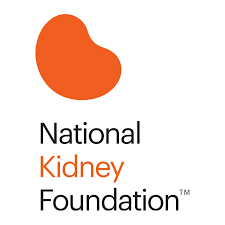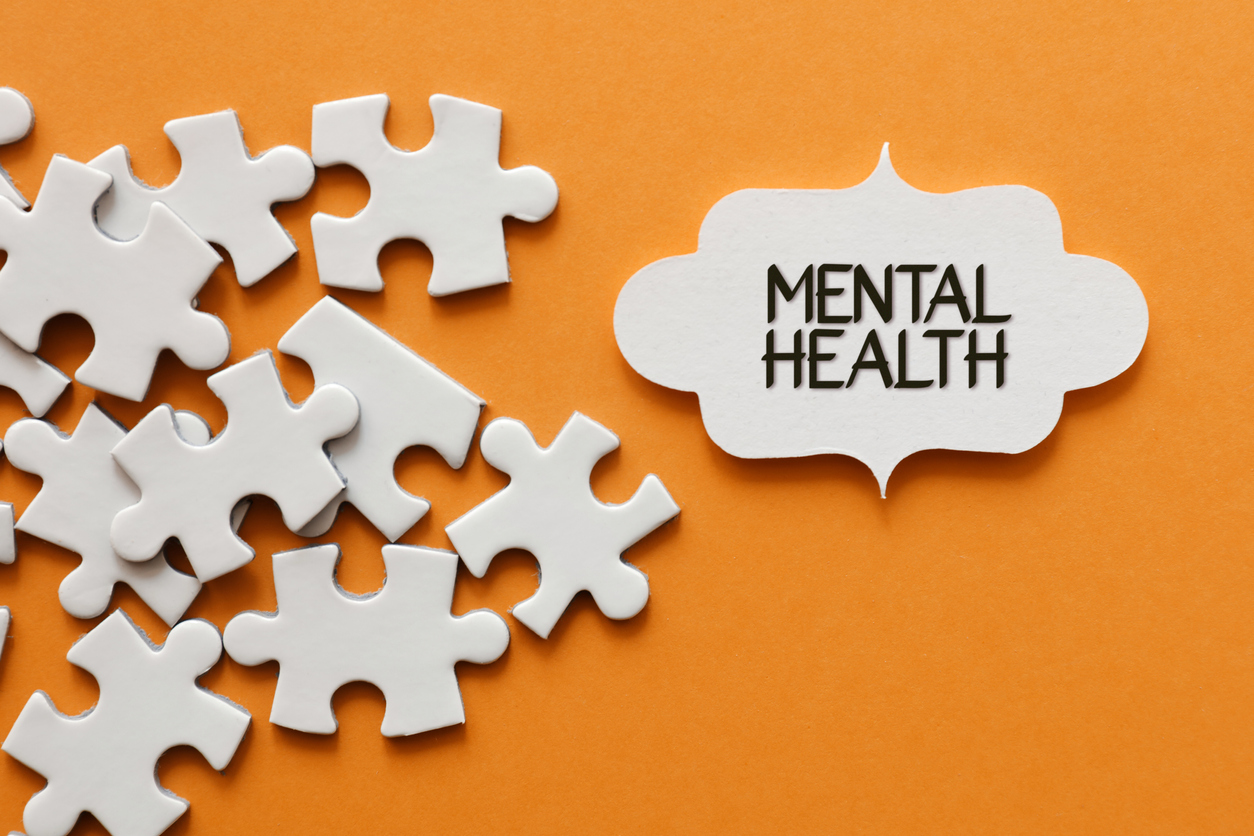By Kate Young
A poll found that people who engage in creative activities are more likely to report better mental health, according to a press release from the American Psychiatric Association.
According to July’s Healthy Minds Monthly Poll, which surveyed 2,202 adults from June 15 to June 18, 46% of Americans use creative activities to review stress or anxiety, and those who rate their mental health as very good or excellent are more likely to engage in creative activity more often than those who rate their mental health as fair or poor.
Read the full article in Healio.







